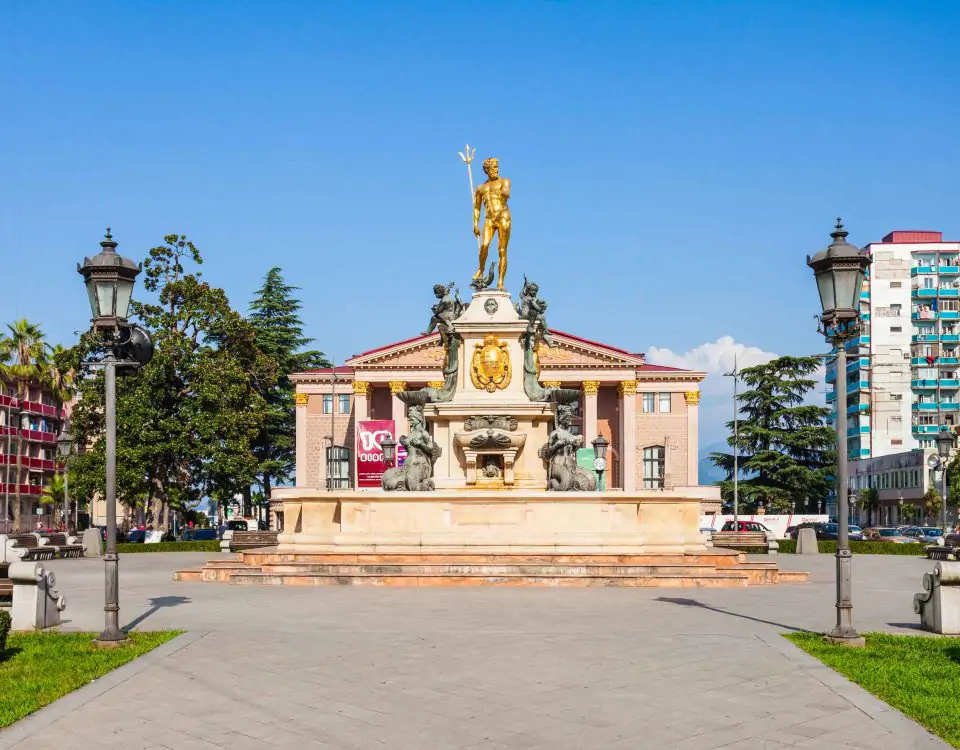Welcome To Egypt – Tour Guide to Egypt
Egypt, a country linking North-East Africa with the Middle East, dates to the time of the pharaohs. Millennia-old monuments still sit along the fertile Nile River Valley, including the colossal Pyramids and Sphinx at Giza and the hieroglyph-lined Karnak Temple and Valley of the Kings tombs in Luxor. The capital, Cairo, is home to Ottoman landmarks such as Muhammad Ali Mosque.
History Of Egypt
The History of Egypt has been long and rich, due to the flow of the Nile river, with its fertile banks and delta. Its rich history also comes from its native inhabitants and outside influence. Much of Egypt’s ancient history was a mystery until the secrets of Ancient Egyptian hieroglyphs were deciphered with the discovery and help of the Rosetta Stone. The Great Pyramid of Giza is the only one of the Seven Wonders of the Ancient World still standing. The Lighthouse of Alexandria, one of the other Seven Wonders, is gone. The Library of Alexandria was the only one of its kind for centuries.
Human settlement in Egypt dates back to at least 40,000 BC with Aterian tool manufacturing. Ancient Egyptian civilization coalesced around 3150 BC with the political unification of Upper and Lower Egypt under the first pharaoh of the First Dynasty, Narmer. Predominately native Egyptian rule lasted until the conquering of Egypt by the Achaemenid Persian Empire in the 6th century BC.
In 332 BC, Macedonian ruler Alexander the Great conquered Egypt as he toppled the Achaemenids and established the Hellenistic Ptolemaic Kingdom, whose first ruler was one of Alexander’s former generals, Ptolemy I Soter. The Ptolemies had to fight native rebellions and were involved in foreign and civil wars that led to the decline of the kingdom and its final annexation by Rome. The death of Cleopatra ended the nominal independence of Egypt resulting in Egypt becoming one of the provinces of the Roman Empire.
Roman rule in Egypt (including Byzantine) lasted from 30 BC to 641 AD, with a brief Sassanid Persian interlude between 619-629, known as Sasanian Egypt. After the Islamic conquest of Egypt, parts of Egypt became provinces of successive Caliphates and other Muslim dynasties: Rashidun Caliphate (632-661), Umayyad Caliphate (661–750), Abbasid Caliphate (750-909), Fatimid Caliphate (909-1171), Ayyubid Sultanate (1171–1260), and the Mamluk Sultanate of Egypt (1250-1517). In 1517, Ottoman sultan Selim I captured Cairo, absorbing Egypt into the Ottoman Empire.
Culture Of Egypt
The culture of Egypt has thousands of years of recorded history. Ancient Egypt was among the earliest civilizations. For millennia, Egypt maintained a strikingly complex and stable culture…
Language Of Egypt
The Egyptian language, which formed a separate branch among the family of Afro-Asiatic languages, was among the first written languages, and is known from the hieroglyphic inscriptions preserved on monuments and sheets of papyrus. The Coptic language, the last stage of Egyptian, is today the liturgical language of the Coptic Orthodox Church. Hieroglyphs were written on people’s front doors, so that the news of the pharaoh would travel to everyone.
The “Koiné” dialect of the Greek language was important in Hellenistic Alexandria, and was used in the philosophy and science of that culture, and was later studied by Arabic scholars.
Arabic came to Egypt in the 7th century, and Egyptian Arabic has become today the modern speech of the country. Of the many varieties of Arabic, it is the most widely spoken second dialect, due to the influence of Egyptian cinema and media throughout the Arabic-speaking world.
In the lower Nile Valley, around Kom Ombo and Aswan, there are about 300,000 speakers of Nubian languages, mainly Nobiin, but also Kenuzi-Dongola. The Berber languages are represented by Siwi, spoken by about 5,000 around the Siwa Oasis. There are over a million speakers of the Domari language (an Indo-Aryan language related to Romany), mostly living north of Cairo, and there are about 60,000 Greek speakers in Alexandria. Approximately 77,000 speakers of Bedawi (a Beja language) live in the Eastern Desert.
Popular Destination or Places to Visit in Egypt
1) Cairo
2) Sharm-el-Sheikh
3) Hurghada
4) Luxor
5) Marsa Alam
6) Alexandria
7) Aswan
8) Dahab
9) Taba
10) Giza
11) El Gouna
12) Safaga
Night Clubs At Egypt
1) The Garden
2) River Side
3) Amici Bar
4) Johnny’s Bar
5) Cairo Jazz Club
6) Pub 28
7) Vent
8) Almaz
9) The Lemon Tree
10) Aperitivo













